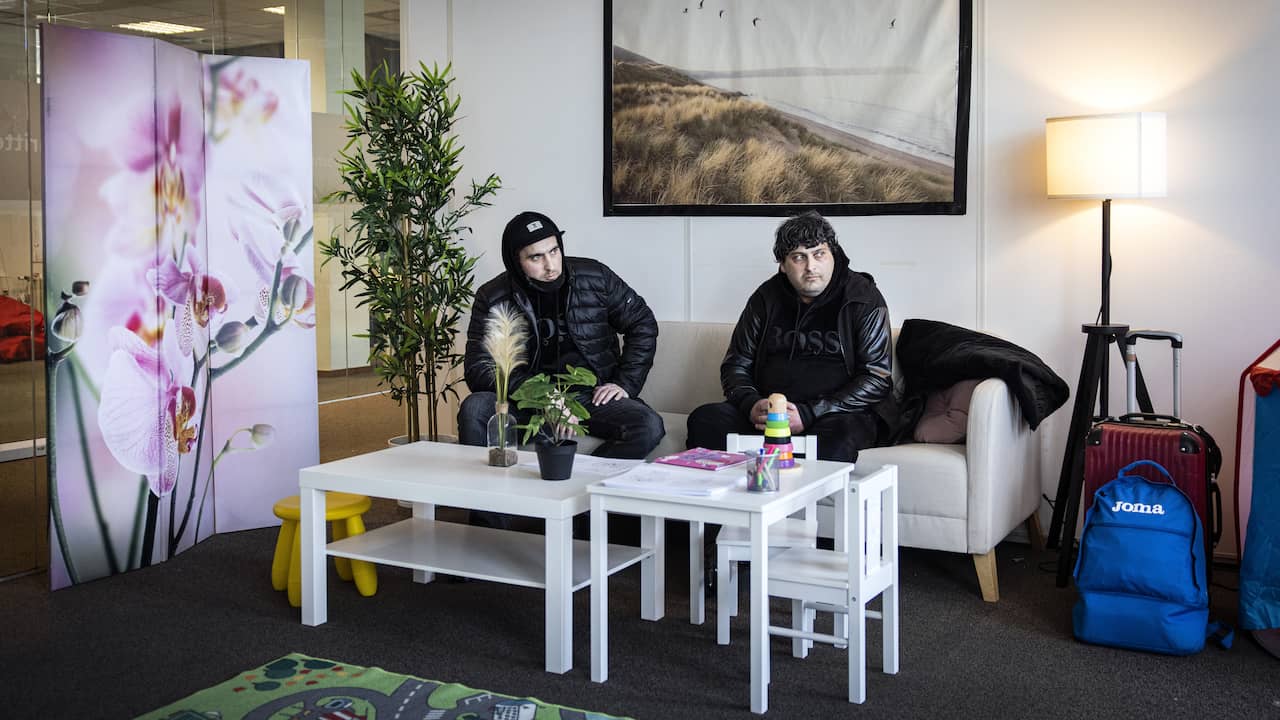Starting Wednesday, Ukrainian refugees with work will help pay for their shelter in Kranendonk municipality. It comes to 190 euros per month. “Ukrainian refugees working in our municipality have responded positively,” a NU.nl spokesperson said in writing.
The funds are used, among other things, to pay municipal taxes. Gas, water and electricity bills are also paid and the space is partially used.
“A large part of Ukrainian refugees has a paid job,” says the municipality of Brabant. “We ask working Ukrainian refugees for a net contribution of €190 not because it is financially necessary, but because we think it is fair compared to other residents who pay for their house or room.” Shelter remains free for Ukrainian refugees who do not have paid work.
According to the municipality, the Federation of Dutch Municipalities (VNG) and the Ministry of Justice and Security are aware of this. The Ministry confirms this. The spokesman confirms that Ukrainian refugees are entitled to free shelter in the Netherlands.
“So far, this is provided free of charge and municipalities receive compensation from the government for each shelter created,” the ministry explains in writing. The Ministry informed the municipality that there is no legal basis for requesting a personal contribution.
People may refuse to pay
The municipality answers: “If someone really does not want to pay, this has no impact on the right to shelter or shelter.” “As we noted earlier, we note that Ukrainian refugees working in Kranendonk are ready to contribute and therefore want to cooperate.”
Kranendonk appears to be the first municipality to require Ukrainian refugees to get a paid job in exchange for money. “There are other municipalities that would like to ask for a personal contribution, but find it difficult to do this properly,” says the spokesman.
According to the ministry, discussions are underway with several municipalities about the possibility of asking Ukrainian working refugees for a personal contribution.
This idea had previously been rejected because many parties – including municipalities – believed it would lead to excessive “implementation costs”. “We are currently exploring options again with municipalities,” says a ministry spokesperson.

“Total coffee specialist. Hardcore reader. Incurable music scholar. Web guru. Freelance troublemaker. Problem solver. Travel trailblazer.”









More Stories
Brabanders are concerned about climate change.
The “term-linked contract” saves space on the electricity grid.
The oystercatcher, the “unlucky national bird,” is increasingly breeding on rooftops.